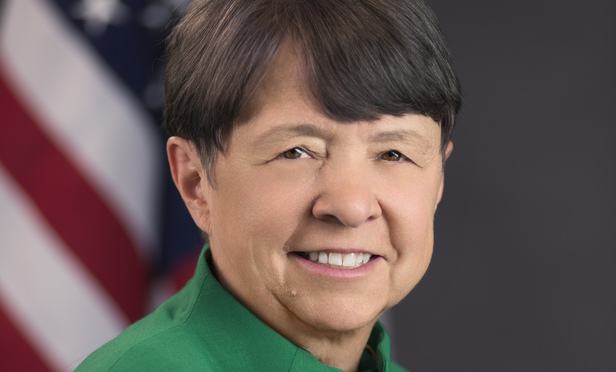In a recent interview, SEC chair Mary Jo White touted her agency’s enforcement record and urged civil and criminal prosecutors to push for greater individual accountability whenever possible.
Speaking to C-SPAN’s Brian Lamb in an interview conducted on Feb. 12 and broadcast Sunday, White also said her private practice experience at Debevoise & Plimpton makes her a better SEC chair. Responding to Lamb’s questions about the dissatisfaction some still feel over the fact that no one connected to the nation’s financial institutions has yet been sentenced to prison time as a result of THE financial crisis, White said, “You always have to step back, as a law enforcement person, criminal or civil, and ask ‘What’s the evidence? Can you make a case, and can you make a criminal case?’”
White said the SEC “in particular has a strong record,” having brought about 170 financial crisis–related cases, including some tied to roughly 70 CEOs and chief financial officers, while returning $2.5 billion to investors.
Though evidence is key in each situation, White added, “One of the things you have to do as a prosecutor, or SEC enforcement lawyer, is bore into the facts and take it as far up the chain as you can, and be vigorous in pursuing those cases, when you have the evidence.” She also said that individual accountability, and punishments that the SEC can exact, such as barment, can be more powerful than monetary fines. “You must focus on not just on financial institutions, but the individuals who are accountable for the conduct that caused the problem,” she said. “Be very vigorous in pursuing those individuals. Sometimes money in and of itself, particularly if you have enough to pay the fines, doesn’t have the enforcement bite that it ought to.”
White told Lamb that her background on the “other side” as a Debevoise litigator gave her the backbone to be vigorous in pushing for one major change she soon made upon arriving at the SEC: adjusting the parameters of the agency’s “no admit, no deny” settlement protocol. “I changed that when I came in to say that in certain cases I think there is a particular need for greater public accountability.”
On her watch, she said, four cases so far have involved an admission of wrongdoing, in addition to the terms of the settlement.
White said her work for clients such as JPMorganChase during her tenure at Debevoise allowed her to know when the SEC has the upper hand. “I had a better appreciation, because of my private sector service, of the leverage the SEC has, when it’s in negotiation particularly with large companies, in exacting tougher terms. My private sector experience translated pretty directly, as a pretty significant positive benefit to the government.”






